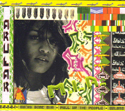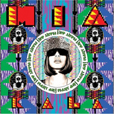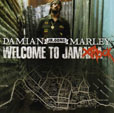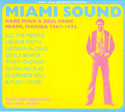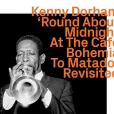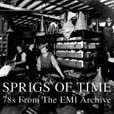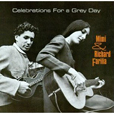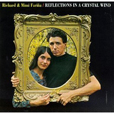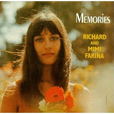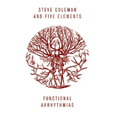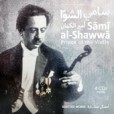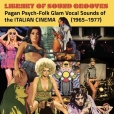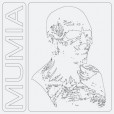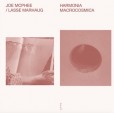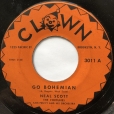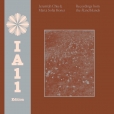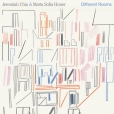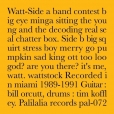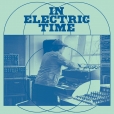Your basket is empty

‘A wicked sense of pacing, of beauty and absurdity, and an instinctive ear for musical action’ (The New York Times). ‘There’s no theme or continuity… unless you count sheer awesomeness’ (Fader).
This is terrific.
Brazilian post-punk, art rock and DIY from 1988, released here for the first time, by the duo Celso Alves and Kodiak Bachine (whose records with the band Agentss are desperately sought-after nowadays).
Dubwise and rhythmic, percussive and synthy, with tangy Brazilian roots, and a droll humour to its reflections on embalming, LSD and zombies, the music freewheels roughly and vividly from the truffling, chattering, tropical atmospherics of the opener, through to the machine-funk, Romeroesque terrors of the Greenhouse Massacres, to close.
Sung in Portuguese and English, studded with Spanish, French and German, the lyrics are reproduced on an insert. Pressed at Pallas.
Ace. Check it out.
Even at the age of eighty — Nation Time is fifty years old — Joe McPhee refuses to stand still or bask in nostalgia. For all its lovely strangeness — for a start, besides playing, he sings and recites — this LP elaborates lineages in his oeuvre initiated with John Snyder in the seventies, and sustained with Pauline Oliveros.
Lasse Marhaug is an old hand, young at heart, too. After thirty years of making electronic music — hundreds of releases, collaborations and projects — his name is synonymous with Norwegian noise music.
A one-of-a-kind, highly enjoyable, compelling mixture of free jazz and electronics, inspired by science fiction and early electronic music.
Jeremiah Chiu, Marta Sofia Honer
Recordings from the Aland Islands
International Anthem Recording Co.
Intensely evocative, meditative duets by modular synthesizer and viola, interwoven with field recordings — birds, the sound of forests — encapsulating sojourns on the Åland archipelago in the Baltic Sea, between Sweden and Finland.
‘Quietly multi-rhythmic, modular-trance-meets-processed-and-unprocessed-chamber strings, bewitching and bewildering field recordings all knitted tightly, an LA patchwork.’
“Our studios are side-by-side. When we were writing this album, you might have found us tracking viola stacks in one studio while, in the other, we were writing through-composed themes and rearranging the material. Granular synthesis and tape manipulation are key tools we use to create variation and movement in a composition. This process often yields surprising results, capturing the emotion but expressing it in unexpected ways. It feels essential that we embrace a bit of chance.
“In contrast to our first album, Recordings from the Aland Islands, we wanted this music to feel very present. Where Recordings was intended to transport you to another place, Different Rooms is meant to meet you where you are. It’s a decidedly urban album. The field recordings were captured on rain platforms, in city streets, in rooms at home, and intentionally paint a quotidian sonic image, blurring the line between what you hear in your own environment and what is on the record.”
Featuring Jeff Parker.
The duo of Bill Orcutt — on four-string guitar — and drummer Tim Koffley.
‘Taking leads from James Blood Ulmer and Fred Frith’s Massacre, here is the link between the contemporaneous Thunders-esque punk of Orcutt’s Trash Monkeys and the mayhem of Harry Pussy…
‘Consider the closer Wattstock, where Koffley forms the bedrock for an extended Orcutt hotbox of instantly-composed harmolodics. And also God Are You There, It’s Me, Watt, where we can hear the spontaneous vocal bursts (the only vocals on the album) that would re-emerge on Orcutt’s early solo records…
‘An early, major piece of the unfolding and complex puzzle of Orcutt’s music. A foundation.’
